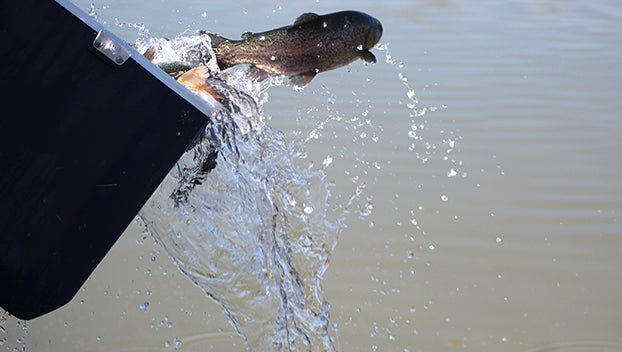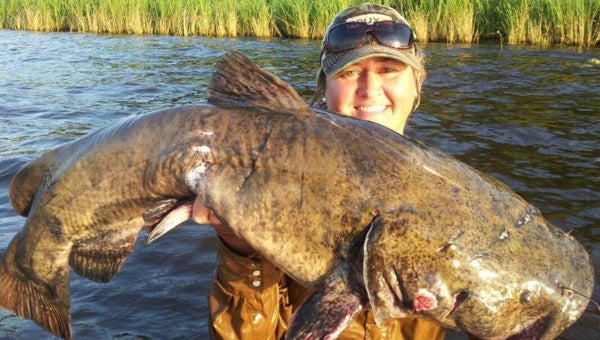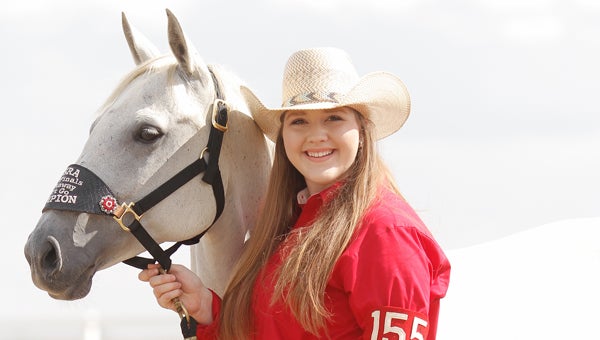January’s been a cold month for fishing
Published 12:00 am Sunday, January 23, 2011
January is slowly coming to a close, thank goodness. This has been one tough month to catch fish.
Since this last cold front lowered water temperatures several degrees, the bass and white perch have been difficult to locate on most of our area lakes. The one exception is the largemouth bass fishing on Lake Bruin.
Bruin is a good cold water lake for numbers of bass in the two to four pound range and big slab white perch. You can have a good day on any of our other lakes but you may have to make some adjustments with your lure presentation and lure type.
Locating game fish just before and during the passage of a cold front is much different than trying to catch fish during post frontal conditions. At 42 degrees, water temps are just about as low as they will get in this area.
The fish are a bit more active prior to the passage of a cold front but on the other hand post frontal conditions brings us a bright clear sky and sunshine, which can be your friend.
A very slight rise in water temperature is all it takes to turn to the fish on. You still have to make some adjustments when fishing during the winter months. When the water temperature is below 50 degrees an accurate, slow and patient lure presentation is needed.
For bass, a single cast to a likely looking area may not trigger a strike. It could take a half dozen or more casts along with an ultra slow retrieve to trigger the bites from cold water bass.
The colder the water, the more narrow the strike zone so get your lure into the thick of things and leave it there. With surface water temperatures currently ranging from 40 to 45 degrees, the bass and perch will not move far to catch a meal.
In most cases, the bass and white perch hold tight to the thickest cover available and ambush anything eatable that comes within a foot or maybe even inches of the cover. A couple things you can do to catch both species in hard water is scale your lure and line size down.
Sure, you stand a chance of breaking off a big fish when using light line, but you can’t catch the fish unless it bites. Lighter lines and smaller lures will trigger strikes from inactive fish when the big lures are not producing.
I just wish I could practice what I preach. I power fish, a lot. Power fishing is the most difficult thing to get away from. My preference in tackle when hunting quality and not quantity is 20 to 25 pound test line, heavy action rods 7 to 8 feet long and reels with gears that can withstand hard hook sets and big bass.
That’s good when the fish are active but when they refuse the power fishing techniques keep an open mind and make the changes necessary to get the strike.
Thinner diameter fishing line allows your lure to look more realistic. Small profile and light weight lures offer a slower fall, a more subtle presentation and sometimes the fish want that slow fall.
The 2011 open bass tournament season will cast off on Feb. 5 at Lake Bruin. Come join us for the largest tournament in this area, the 25th Annual J.R. Roberts Memorial Team Bass Challenge. Entry forms are available at the Sports Center, Natchez, Eddie’s Marine, Vidalia or contact me by e-mail.





